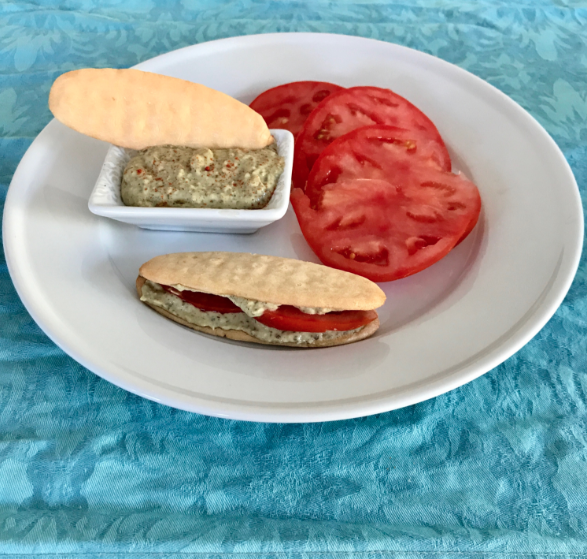For all of 2018, our registered dietitian Colleen will be answering your health and wellness questions. New questions and answers every month!
Q: I’m concerned my baby may need extra water during this summer heat, is that true?
A: Even on hot days, breastfed babies do not need extra water assuming they are allowed to nurse as needed. However, most pediatricians agree that babies 6 months and under do not need any extra fluids aside from breast milk or formula. An occasional sip to help pass some hiccups is ok, but since babies have such tiny tummies water can fill them up and take the place of the nutrient rich fluids required in their diet like formula or breast milk.
Even formula fed babies do not routinely need additional water. According to the American Academy of Pediatrics, formula fed babies may require some additional water if they are ill or have lost fluids through sweat, but should not be done without consulting your doctor first, and typically not before 6 months of age.
Once a baby is between 6 and 12 months, they still don’t need additional fluids but introducing a little bit in a sippy cup can help babies get used to the consistency of liquids and a good time to start is when introducing solid foods. The typical recommendation is about 2 to 4 ounces as babies transition from an all liquid diet to introduction of solid foods. In certain cases, such as hot weather days or constipation, a baby at this age may benefit from closer to 6 to 8 ounces of water.
A good rule of thumb for babies 12 months and older is to offer milk with meals and water any other time baby is thirsty. Following this guideline ensures baby is getting adequate dietary calcium needed for growth and development in addition to ample fluids. Most solid foods, especially fruits and vegetables, contain water and can account for about 20% of our fluid requirements. The baby’s urine should be a pale yellow color which indicates he is getting enough fluids. Be sure to discuss any questions or concerns with your pediatrician.









Be the first to comment